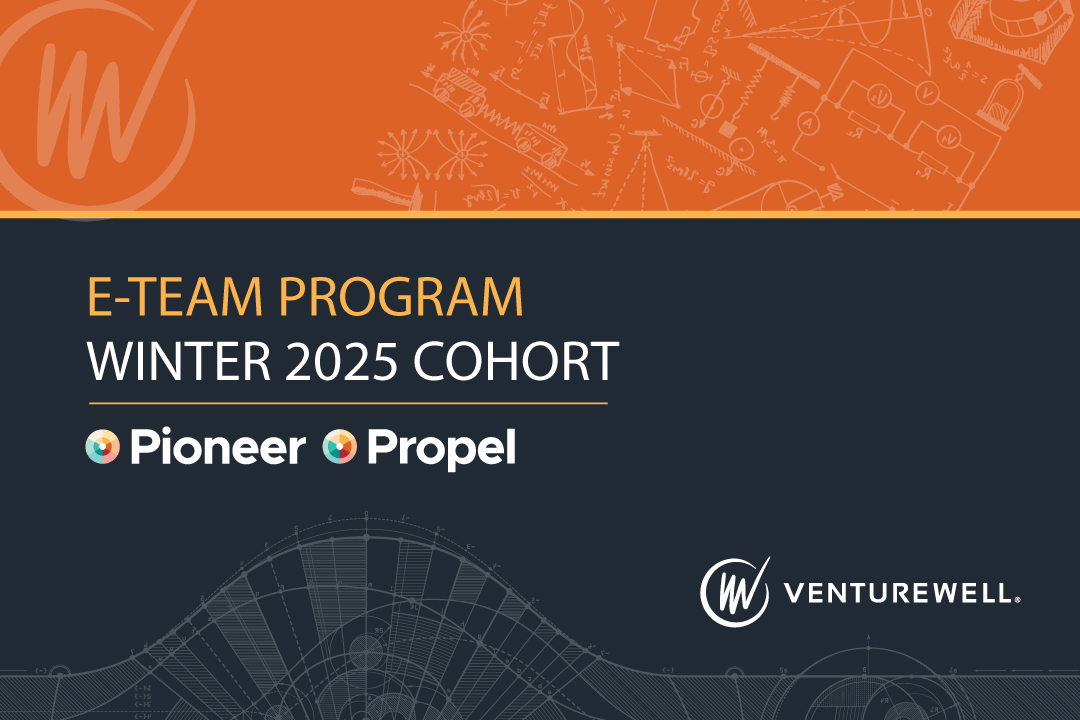
Twenty-two student ventures have been selected for the winter 2025 cohort of the E-Team Program. These innovator teams were selected after a competitive review process for their novel science- and technology-based solutions to critical challenges facing the environment, healthcare, and society. Sixteen teams will begin their entrepreneurship journey by participating in Pioneer, the first stage of the E-Team Program, which includes $5,000 in grant funding and dedicated training to help uncover the ideal market for their inventions. Seven teams will advance to Propel, the second stage of the program, where they will receive an additional $20,000 in funding and three months of training in building their business model canvas and testing their business hypotheses.
“We are energized by the milestones these diligent innovators have already achieved,” said VentureWell Program Officer Sarah Wharmby. “Through the E-Team Program, they will explore a variety of possible pathways for their invention, and learn how to understand the market in order for their product to have a lasting impact.”
This cohort includes promising inventions that focus on a variety of areas, including the support of underserved communities. Impact3D is developing a 3D printer that can print sustainable housing materials to provide more accessible housing options. Ekyaalo Diagnostics, a returning team, is commercializing a tool to enable rapid diagnosis for breast cancer patients in low-resource areas, using an inexpensive system for interpreting cytology samples with smartphones.
Learn more about our newest Pioneer and Propel teams, and the potential impact of their inventions:

 Energy & Materials
Energy & Materials
Ascend Quantum | Fordham University
Principal Investigator: Ying Mao
Team Members: Panayiotis Christou, Zefan Du, Shuwen Kan
Ascend Quantum is developing FitCut, a device that breaks down large quantum circuits into smaller subcircuits that can be executed on smaller quantum machines, making quantum computing more accessible, reducing resource consumption, and using less energy to run.
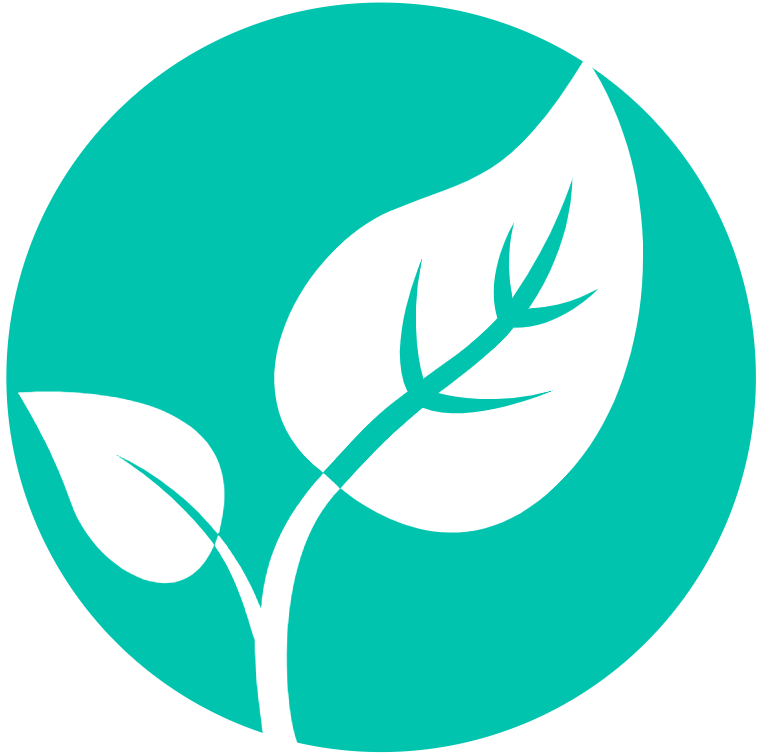 Environment
Environment
WindLoop | Yale University
Principal Investigator: Clare Leinweber
Team Members: Shubh Jain, Dylan Judd, Courtney Megerian
WindLoop is developing a one-stop shop to recycle end-of-life wind turbine blades by extracting 90% of the material value, offering a sustainable alternative to the high volume of blades that enter the waste stream system every year.
 Healthcare/Medical
Healthcare/Medical
ARISE | Johns Hopkins University
Principal Investigator: Youseph Yazdi
Team Members: Azmina Karukappadath, Gabriella Wong
ARISE is developing a minimally invasive surgical box trainer system to support self-directed laparoscopic skills development, providing surgical trainees in low-resource areas with access to continuous practice.
AutoAspira | Johns Hopkins University
Principal Investigator: Elizabeth Logsdon
Team Members: Neha Chellu, Moonhyung (Bruce) Lee, Youran (Peggy) Li, Sangmita Singh
AutoAspira is developing a low-cost, handheld fine needle aspiration (FNA) device that automates the process of collecting cellularity of FNA samples, providing clinicians in low-resource areas with a more accurate reading in order to diagnose breast cancer.
Hemosave | Duke University
Principal Investigator: Ann Saterbak
Team Members: Desmond Boateng, Samantha Keshara, Haasini Nandyala
Hemosave is developing a low-cost monitoring device designed to identify the exact level of blood loss during a postpartum hemorrhage, providing surgeons with an accurate measurement system that can be manufactured locally for wider access in low-resource areas.
Hidalga Technologies | University of Arkansas Main Campus
Principal Investigator: David Hinton
Team Members: Sankalp Pandey, Joshua Upshaw
Hidalga Technologies is developing artificial intelligence (AI)–powered software that automates data transfer between clinics’ electronic medical record systems and insurance portals, reducing administrative workloads and enhancing the accuracy of prior authorizations to improve patient care in specialty healthcare clinics.
IV Pole Redesign | Virginia Polytechnic Institute and State University
Principal Investigator: Christopher Arena
Team Members: Douglas Argueta, Megan Gulian, Sarah Scheerer
IV Pole Redesign is developing an IV pole designed to prevent tipping and evenly distribute the weight of medication bags and infusion pumps, improving mobility and allowing nurses to stay better organized.
OcuSound | Johns Hopkins University
Principal Investigator: Kunal Parikh
Team Members: Hyun Seo Lee, Ashish Nalla, Valerie Wong
OcuSound is developing a low-cost, noninvasive acoustic tonometer that monitors glaucoma through sound waves and an infrared sensor, eliminating the need for anesthetic and allowing for daily patient self-monitoring to prevent vision loss.
Reel Free | Michigan State University
Principal Investigator: Paul Jaques
Team Members: Alexander Le, Alexander Pollock
Reel Free is developing a motorized tubing management device that automatically retracts and organizes up to 50 feet of oxygen tubing, reducing the risk of falls and improving safety and mobility for individuals on supplemental oxygen.
UrInControl | Johns Hopkins University
Principal Investigator: Mary Austin
Team Members: Alex Chao, Lily Liu, Nina Nair
UrInControl is developing Tampessary, a reusable, over-the-counter support device the size of a tampon that is designed to alleviate urinary incontinence, offering an affordable and discreet alternative to existing treatment options to empower patients to manage their condition with confidence.
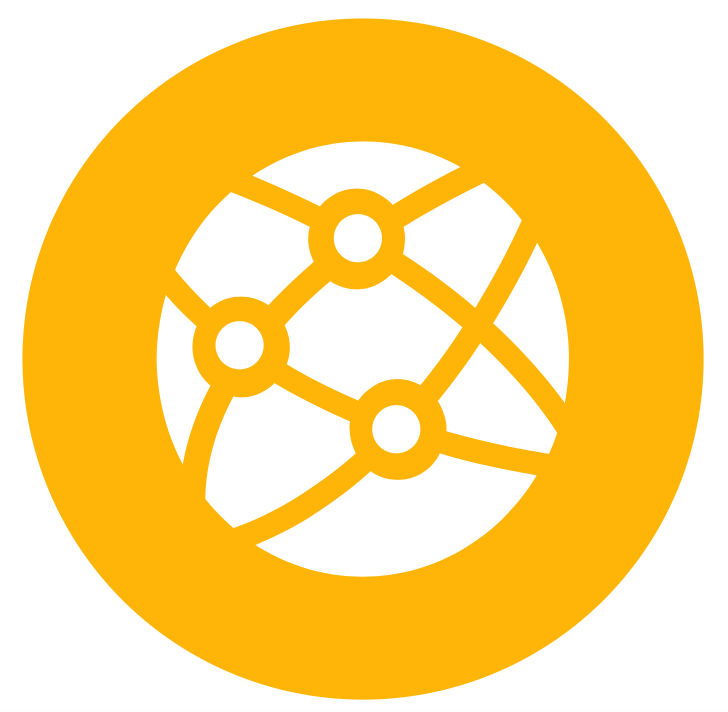 Information Technology/Communication
Information Technology/Communication
Curbon | Princeton University
Principal Investigator: Chris Greig
Team Members: Jinjin Chen, Keith Matanachai, Joe Wahba, Yiying Zhang
Curbon is developing a software platform that conducts automated life-cycle assessments for consumer products, calculating critical environmental metrics such as carbon emissions, water usage, and microplastic pollution to better inform consumers about the environmental impact of their purchases.
 Infrastructure/Building
Infrastructure/Building
Impact3D | Yale University
Principal Investigator: Clare Leinweber
Team Members: Nick Callegari, Konstantinos Markopoulos, Bianca Taya
Impact3D is developing a novel 3D printer that can print housing materials such as walls with plumbing and electrical harnessing, providing people experiencing homelessness with accessible housing options.
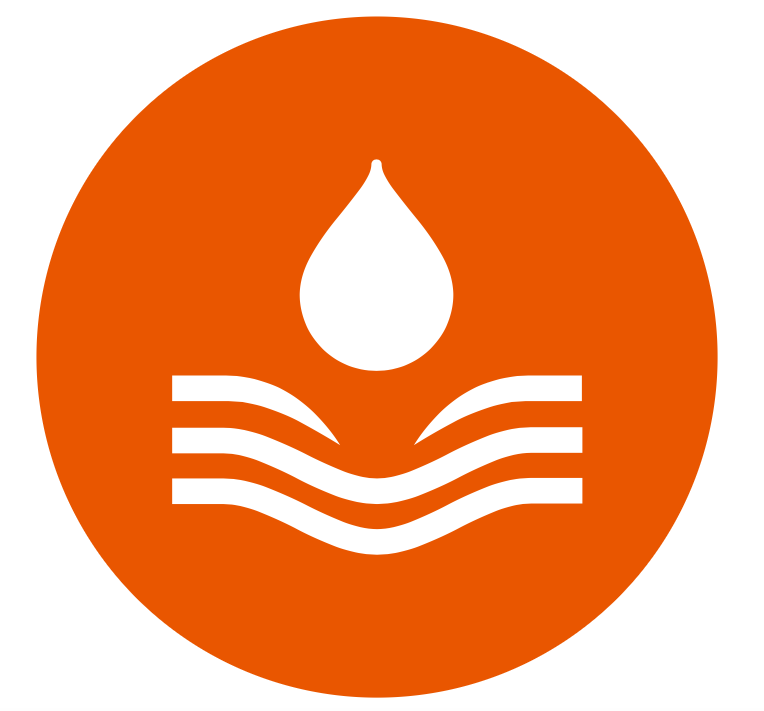 Sanitation/Water
Sanitation/Water
Aqua Energy Wetland | Morgan State University
Principal Investigator: James Hunter
Team Members: Julia Atayi, Nicholas Miwornunyuie, Syan Smoot
Aqua Energy Wetland is developing a sustainable system that integrates microbial fuel in constructed wetlands to treat wastewater and generate its own energy, providing low-resource communities with access to clean drinking water and adequate wastewater treatment infrastructure.
GelPure | University of Akron
Principal Investigator: Sadhan Jana
Team Members: Moni Mahesh Ghosh, Brandon McReynolds
GelPure is developing high-surface-area absorbent polymer gels designed to capture and retain harmful per- and polyfluoroalkyl substances (PFAS) from drinking water, providing public water utilities with a quicker and more efficient method for providing clean water.
 Transportation
Transportation
Technotonin Industries LLC | Worcester Polytechnic Institute
Principal Investigator: Ian Mashiter
Team Members: Antonio Tyagi, Arav Tyagi, Ivan Zou
Technotonin Industries is developing the PAWE (Portable Affordable Wheelchair Enhancer), a portable, lightweight device that attaches to the back of standard manual wheelchairs, converting them into motorized wheelchairs that can be plugged in anywhere, affording users an accessible way to upgrade their mobility device.

 Agriculture
Agriculture
HydroPhos Solutions | University of New Hampshire
Principal Investigator: Belle Kenoyer
Team Members: Daisy Burns, Matthew Oriente, Katie Remeis
While limited phosphorus supply is causing farmers to struggle with rising fertilizer prices, excess phosphorus is ending up in waterways and destroying ecosystems. HydroPhos developed filtration technology that extracts phosphorus from wastewater to be used as fertilizer, combating phosphorus depletion and extending the lifespan of the global food supply.
NIRBY | University of Pennsylvania and Medical University of Silesia
Principal Investigator: Jeffrey Babin
Team Members: Olga Ciechalska, Piotr Lazarek
Nearly two-thirds of nitrogen—a common fertilizer—is not used by our crops, while the excess runs off into rivers, lakes, and natural environments. NIRBY developed a software management platform that uses satellite data and drone-enabled soil measurements to deliver real-time analytics to farmers, identifying inefficiencies in fertilizer usage to mitigate waste and increase crop yields.
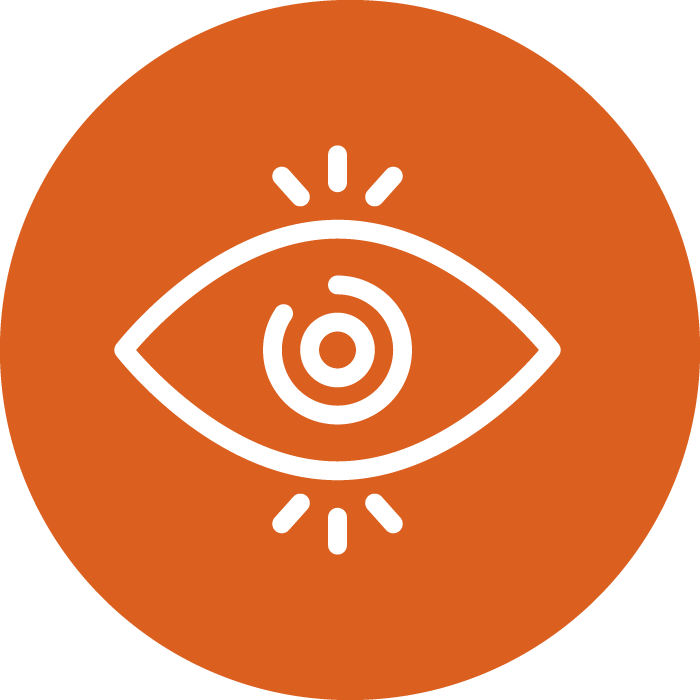 Beauty & Cosmetics
Beauty & Cosmetics
HairRobotics | University of California, Berkeley
Principal Investigator: Rhonda Shrader
Team Members: Aidan Dunne, Zsofia Etelka Keszei, Mah Kadidia Konate
Braiding Afro-textured hair can be a labor-intensive and time-consuming task for salon workers. HairRobotics developed robotic technology that braids hair at a lower cost, reducing the time necessary to braid and mitigating health challenges hair stylists face due to the manual nature of the work.
 Healthcare/Medical
Healthcare/Medical
Ekyaalo Diagnostics | Johns Hopkins University
Principal Investigator: Soumyadipta Acharya
Team Members: Shreya Jindal, Ava Taylor, Fujia Zheng
Women with a household income two and a half times lower than the poverty level were significantly more likely to die from breast cancer than women with a household income five times or higher than the poverty level. Ekyaalo Diagnostics has developed a low-cost system for interpreting cytology samples using smartphones, enabling rapid diagnosis for healthcare workers and improving breast cancer treatment for patients in underserved communities.
MediMint | University of Pennsylvania
Principal Investigator: Tyler Wry
Team Members: Kelly Lakshmi, Abhisri Ramesh, Ava Ramesh
Current medical image-sharing options are expensive and time-consuming due to factors like technology, data storage, subscription fees, and staff training time. MediMint developed a blockchain-powered platform that streamlines the medical image-sharing process, making it easier for providers to securely share medical images between patients and other institutions.
NeoNest Global | University of Michigan
Principal Investigator: Mariah Fiumara
Team Members: Erin Donnelly, Dhiya Krupashankar
Neonatal hypothermia is common in low-resource communities due to the high cost of traditional incubators, which are dependent upon access to electricity and often difficult to repair. NeoNest Global has developed a portable, low-cost, non-electronic neonatal incubator with a fully transparent and collapsible design, allowing for easy assembly and transport to healthcare facilities in remote locations.
Vault Kinetics | Yale University
Principal Investigator: Clare Leinweber
Team Members: Joshua Gao, Eunice Han, Matthew Riley, Eric Wang
Professional athletes need to find new and more efficient ways to optimize their training, prevent injury, and execute courtside decision-making. Vault Kinetics has developed technology embedded into flooring surfaces that collects and analyzes data, rendering a 3D visualization of movement to redefine the way athletes interact with the ground.
Meet the Winter 2025 E-Team Partners and Sponsors
We are thankful for our partners that work with us to support these startups, including Qualcomm, a leading wireless tech innovator; Cooley LLP, an international law firm spurring the power of innovation through working with clients in the technology, life sciences, and high-growth industries; The LaunchPort, our host for the Winter 2025 cohort; and The Lemelson Foundation, a nonprofit dedicated to supporting the power of invention to improve lives.
The E-Team Entrepreneurial Journey
Our Winter 2025 cohort teams will begin rigorous entrepreneurship training to advance their innovations. During Pioneer, teams will identify the ideal market for their invention, understand potential venture pathways, and define their unique value in the context of the industry landscape. Teams that move on to Propel will form and test their business model hypotheses. They’ll flesh out their business model canvas, verify it through customer interviews, and work on building their intellectual property portfolio. Participants in our winter workshops will convene at The Launchport in Baltimore, Maryland, January 9-10 (Pioneer) and January 30-31 (Propel).
About the E-Team Program
Through the E-Team Program, we have trained 570+ student teams and 1,400+ student innovators. The teams have raised more than $520 million in follow-on funding and have launched nearly 250 ventures since taking part in our program.
Learn more about VentureWell’s E-Team Program, which supports student-led science- and engineering-based teams from across the nation in bringing their high-impact innovations out of the lab and into the market.